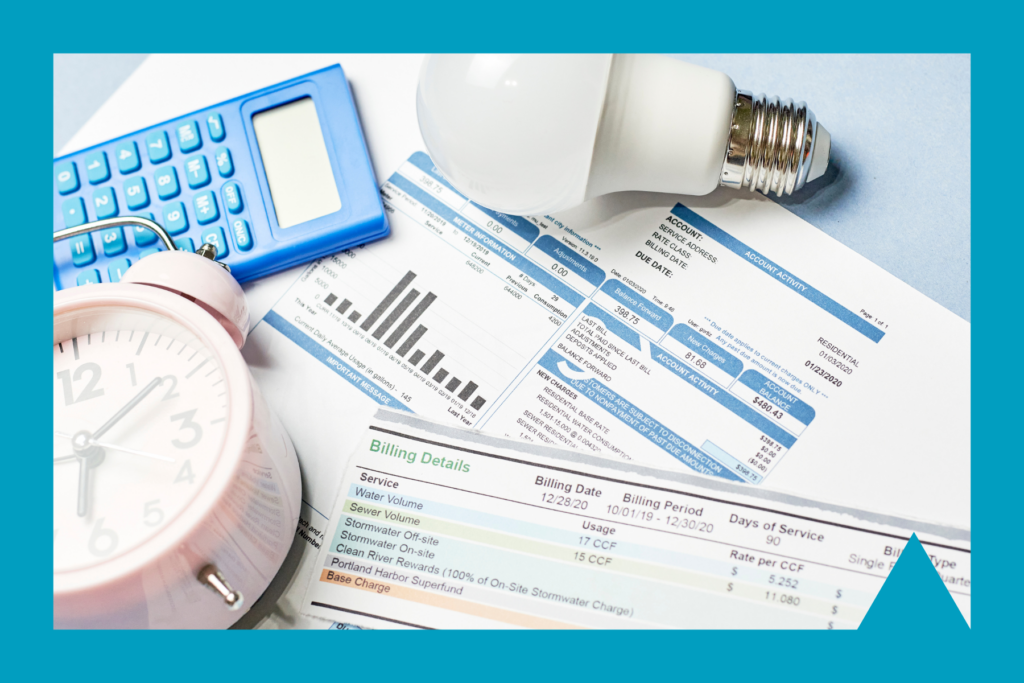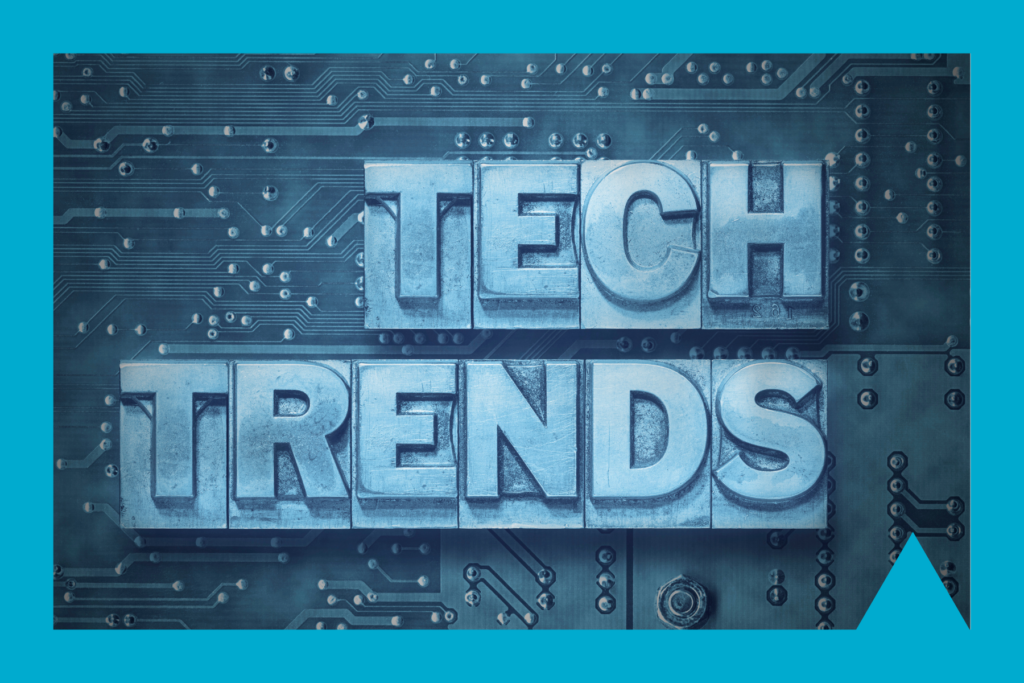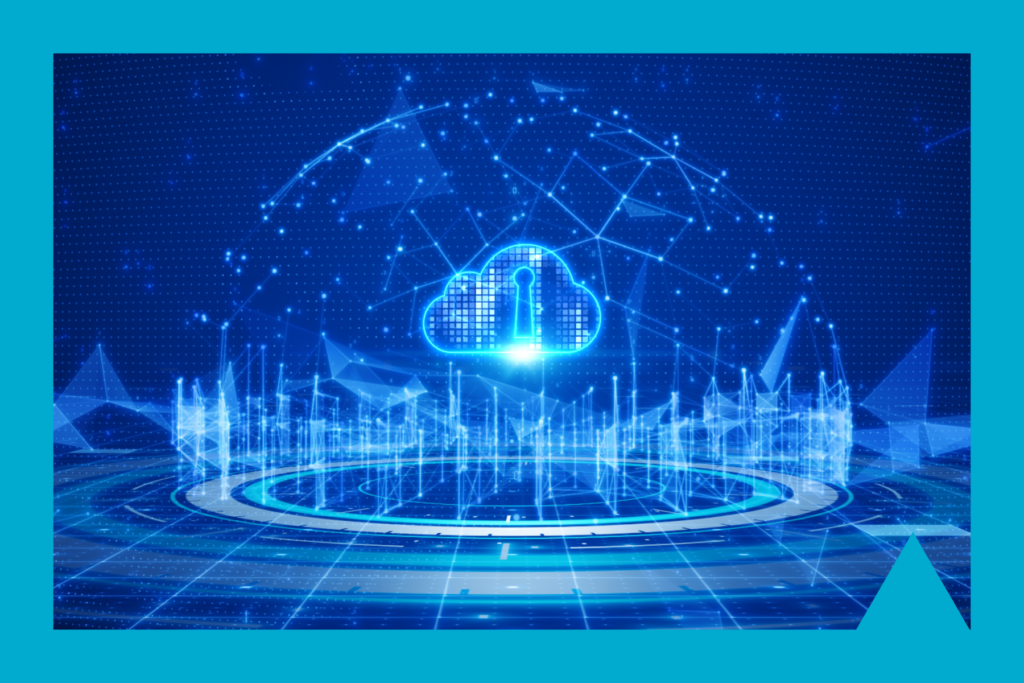News
A Practical Guide to Upgrading Your Utility Billing System
Upgrading a utility billing system is no longer optional; it’s essential for utilities striving to deliver accurate bills, seamless customer experiences, and operational efficiency. Whether you’re moving from a legacy platform or adopting a Customer Information System (CIS) for the first time, this guide will help you navigate the process with confidence. Why Upgrade Your Utility Billing System? Legacy systems often struggle with: Benefits of a…
How Utility AI Use Can Transform Operations and Customer Service
Utility AI use is rapidly transforming how providers respond to mounting challenges such as aging infrastructure, rising energy demands, and evolving customer expectations. Artificial Intelligence is no longer a futuristic concept; it offers practical tools that strengthen efficiency, reliability, and customer satisfaction. From automated workflows to AI‑powered customer support, utilities are beginning to use intelligent technology to stay ahead and build more resilient operations. Enhancing Customer…
5 Reasons AI Improves Customer Engagement
In today’s competitive market, customer engagement is more critical than ever. Businesses constantly seek innovative ways to connect with customers and provide exceptional experiences. One of the most effective tools for achieving this is Artificial Intelligence (AI). Here are five compelling reasons why AI improves customer engagement. 1. AI Enhances Personalization AI enables businesses to deliver highly personalized experiences by analyzing vast amounts of customer data….
How to Integrate the Latest CIS/UB Technology Trends into Your RFP
In the rapidly evolving Customer Information and Utility Billing (CIS/UB) systems landscape, staying ahead of the curve is crucial. Integrating the latest technology trends into your Request for Proposal (RFP) can ensure that your utility is equipped with cutting-edge tools to enhance efficiency, customer satisfaction, and operational excellence. But what are the latest CIS/UB technology trends you need to consider with your next RFP? Read on…
Best Practices for Leveraging Personalized Video Software
In a world where digital interactions are the norm, capturing and maintaining customer attention is more challenging than ever. Personalized video software offers a powerful solution to this problem, enabling businesses to create engaging, tailored content that resonates with their audience. Personalized videos can transform customer support by providing step-by-step solutions to common issues. This human touch in digital interactions can significantly reduce support tickets and…
CIS Infinity V5 Upgrade Go-Lives by the Numbers
Why Utilities Are Choosing CIS Infinity V5 In 2025, Advanced Utility Systems is proud to celebrate a major milestone: 9 utilities have gone live with CIS Infinity V5, our most advanced customer information and billing software yet. These Infinity V5 upgrade go-lives represent more than just successful deployments — they reflect a growing movement toward smarter, more connected utility operations. Together, these utilities are now serving:…
How to Ensure a Seamless CIS Integration
For utilities and municipalities, seamless integration of Customer Information Systems (CIS) is no longer a luxury but a necessity. Imagine a system where billing, customer service, field operations, and compliance are all interconnected, working in perfect harmony. This is the promise of CIS Infinity, a solution designed to integrate effortlessly with a holistic ecosystem of products, transforming how utilities operate. Utilities face numerous challenges, from managing…
How AI Is Revolutionizing Utility Customer Service
Imagine a world where your utility company anticipates your needs and provides seamless, personalized service at every touchpoint. This idea is no longer a distant dream but a reality, thanks to the transformative power of artificial intelligence (AI). AI has emerged as a transformative force across various industries in recent years, and the utilities sector is no exception. AI is revolutionizing customer service for utilities by…
Reasons to Adopt Cloud-based CIS/UB in the Changing Utility Landscape
In today’s fast-paced digital world, utilities face the challenge of staying competitive while meeting ever-evolving customer expectations. Traditional on-premise systems are becoming outdated, and a more flexible, scalable, and secure solution is more pressing than ever. Enter cloud-based CIS/UB—the future of utility management. Imagine a system that not only reduces costs but also scales effortlessly with your business needs. A cloud-based CIS/UB offers this and more. Utilities…









